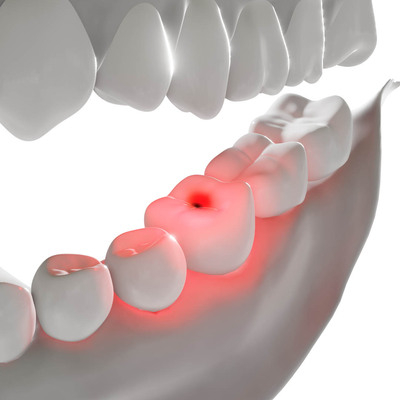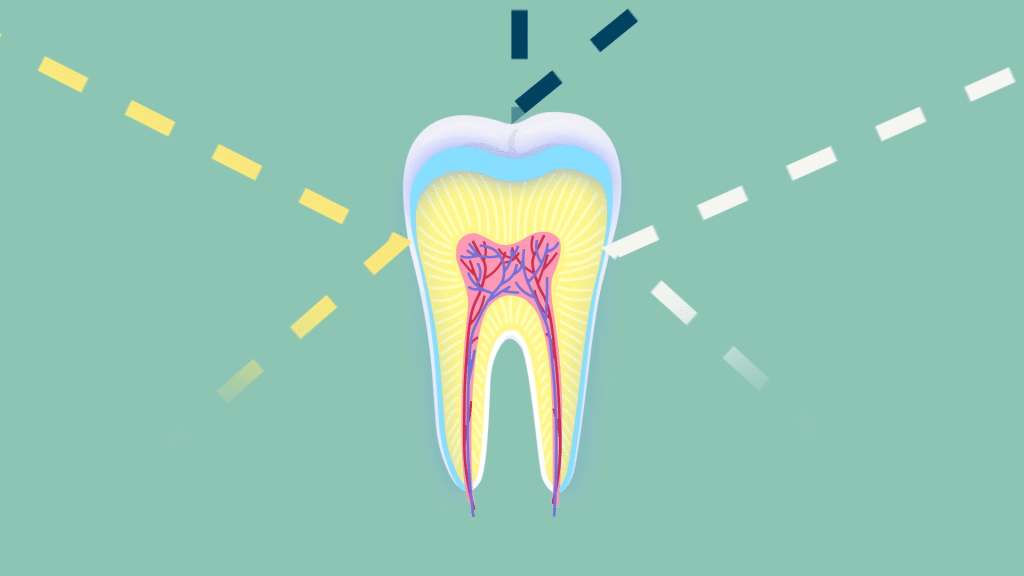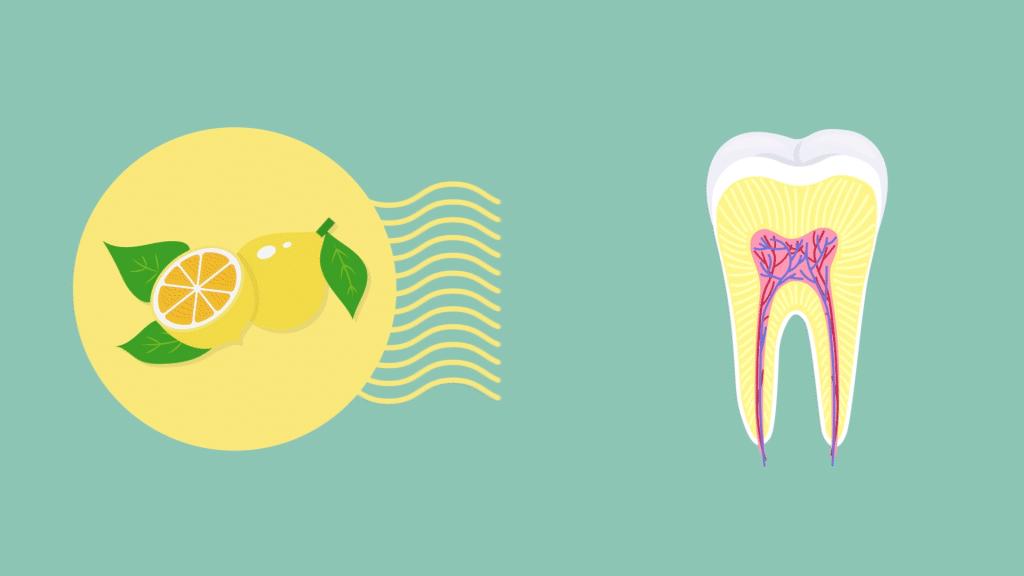
You can minimize sensitivity by avoiding triggers like whitening toothpaste, acidic foods, and hard brushing. Use over-the-counter desensitizing toothpaste and always brush with a soft-bristled brush. Staying hydrated and chewing sugar-free gum can help maintain a neutral mouth pH. Wearing a professional nightguard can reduce sensitivity caused by grinding or clenching.
Tooth sensitivity is a condition experienced by millions of Americans. For some, it is a temporary symptom of a problem easily diagnosed and treated. For others, sensitive teeth are a more chronic issue with a less obvious cause.

The sensation of sensitivity comes from the nerve inside the hollow center of the tooth. The two overarching causes of tooth sensitivity involve abnormalities of these important anatomical structures.
Loss of Insulation
When healthy, the nerve within the hollow center of each tooth should not be able to “feel” sensations of cold, hot, sweets, etc…. However, when the healthy insulating structures are lost for any reason, the nerve can begin to feel sensations that it normally would not. Anything that weakens, cracks, or removes the enamel that insulates the nerve of the tooth can make that tooth sensitive. Also, anything leading to gum recession can make a tooth sensitive by exposing the root of the tooth. Here are a few things that can cause a loss of insulation.

Hyper-reactivity of Nerve
It is possible to have healthy enamel and surrounding tissues while still experiencing sensitive teeth. If this is the case, tooth sensitivity likely results from a hypersensitive nerve. The nerves within each tooth can become inflamed, causing them to “overreact” to normal stimuli, such as hot and cold temperatures.
Hypersensitivity of a nerve can be short-lived or chronic in nature. A wide variety of issues can lead to an inflamed nerve. Here are just a few of them.
Less commonly, people experience the same type of discomfort when exposing the teeth to hot temperatures. Some also experience sensitivity to sugary foods and beverages. For those with exposed roots, brushing and flossing can be uncomfortable.
Tooth sensitivity is often isolated to a specific tooth or area in the mouth, depending on the underlying cause. However, when all teeth feel sensitive to the same stimuli, a patient may have a more broad cause, such as heavy clenching or grinding during sleep.
Some people minimize the symptoms of tooth sensitivity by avoiding the things that cause discomfort. You can also use over-the-counter toothpastes with anti-sensitivity ingredients to help strengthen the enamel and calm down the nerves within the teeth. Anyone with sensitive teeth should avoid using whitening toothpastes, as these are abrasive and actually worsen tooth sensitivity over time. Ask your dentist if you may benefit from a prescription fluoride toothpaste to help with sensitivity.
It is important that you only use a soft-bristled toothbrush. Using a hard- or medium-bristled brush can actually worsen tooth sensitivity.
Many people have clenching or grinding habits that contribute to their tooth sensitivity, so commitment to wearing a professional nightguard is important to minimizing the symptoms of sensitivity.
Anyone with sensitive teeth should avoid acidic foods and beverages. Acid weakens and thins enamel, causing gradual loss of the tooth’s protective coating. Maintain a neutral pH in the mouth by drinking plenty of water and chewing sugar-free gum.
Tooth sensitivity that persists after you try addressing it at home requires evaluation by your dentist. Your dentist can assess your unique situation to help discover the underlying cause of your tooth sensitivity. The first, and most important step is to undergo a thorough evaluation with dental x-rays and gum measurements to rule out any progressively worsening disease.
If disease is present, your dentist will recommend dental treatment to stop the progression and repair the damage. If disease is not present, your dentist will investigate to determine the specific cause of your sensitivity.
Treatment of tooth sensitivity with no dental disease present involves strengthening the teeth and reducing nerve inflammation. Your dentist can provide treatments such as desensitizing exposed roots with bonded root protection, filling material to cover exposed areas or broken tooth enamel, and fluoride varnish (enamel-strengthening) treatments, among others. You may also receive prescription oral hygiene products to use at home to fight sensitivity.